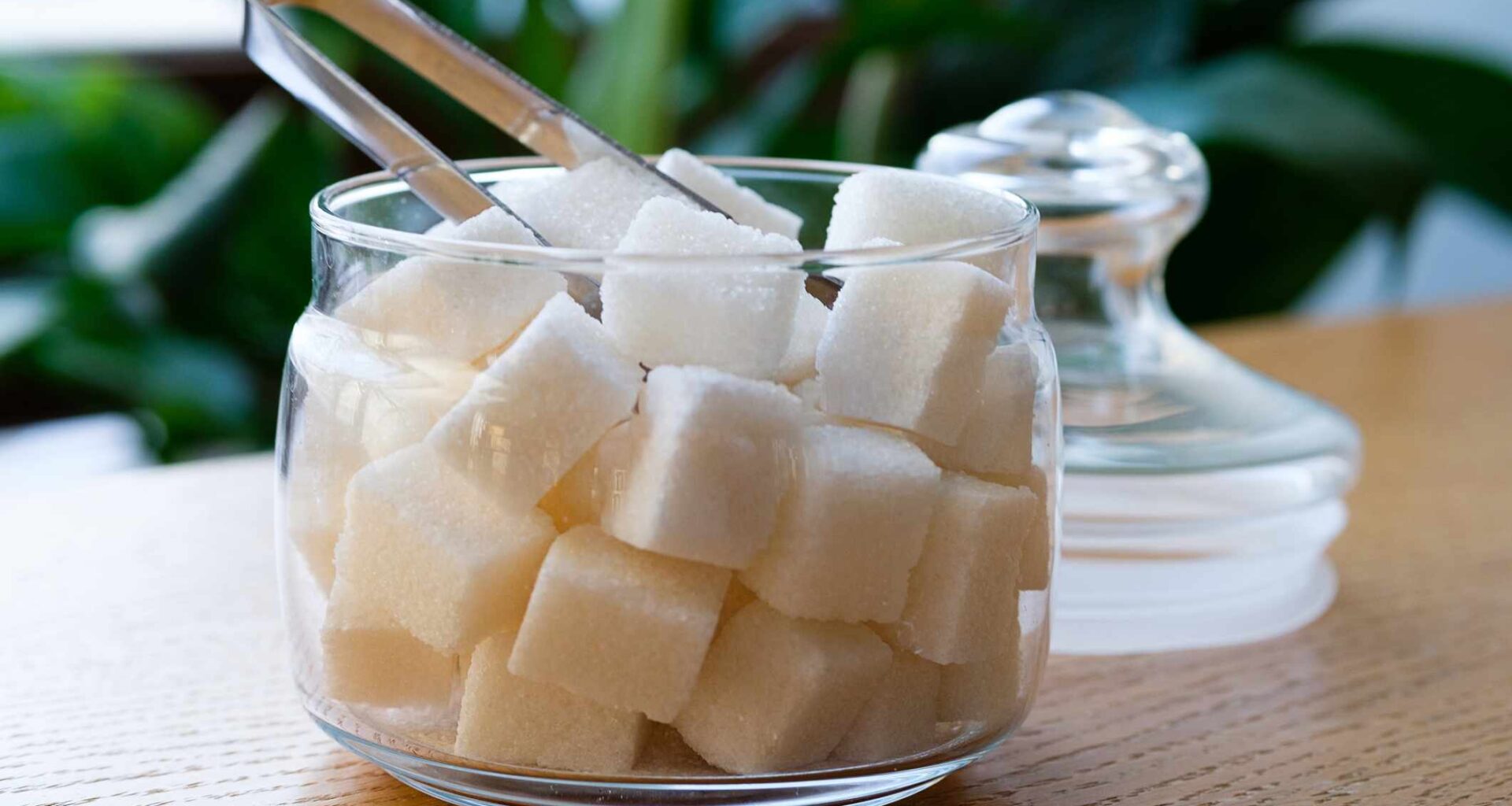Cane sugar is a popular sweetener that comes from sugar cane or sugar beets. The most common form is white table sugar, which is highly processed and stripped of most nutrients during refining.
Cane sugar isn’t bad for you in small amounts, but having too much too often can raise your risk for health problems.
Cane sugar is considered an added sugar. Diets high in added sugar can affect your health in several ways:
Weight gain: Cane sugar is high in calories but low in nutrients that help keep you full. It can also increase cravings for sugary foods, which may lead to weight gain.
Type 2 diabetes risk: Eating too much sugar can increase insulin resistance, which occurs when the cells do not respond well to the hormone insulin. This raises blood sugar levels and increases the risk of type 2 diabetes.
Heart health: Studies have shown that diets high in added sugar can increase levels of the blood fat triglyceride and raise cardiovascular (heart and blood vessel) disease risk.
Fatigue: Cane sugar can cause a quick rise in blood sugar, followed by a crash. This drop in energy may leave you feeling tired, sluggish, or craving more sugar for a quick boost.
Dental health: Sugar feeds the bacteria in your mouth that cause cavities and tooth decay.
Brain function: High sugar intake can affect the brain, increasing anxiety, stress, and depression. Over time, it may also contribute to memory loss.
The American Heart Association (AHA) recommends adults limit added sugars to no more than 6% of daily calories. On a 2,000-calorie diet, that’s about 25–36 grams, or 6–9 teaspoons, per day.
Cane sugar comes from natural sources but is refined, which removes nearly all vitamins and minerals. Less processed forms, like raw cane sugar, contain trace amounts of nutrients, but likely not enough to benefit your health.
Here’s how cane sugar compares to other sweeteners:
Sweetener
Calories (per tablespoon)
Source
Nutrients
Raw Cane Sugar
45
Sugar cane plant
Trace amounts of magnesium, calcium, and potassium; antioxidants
High-Fructose Corn Syrup
53.4
Corn starch
None
Honey
63.8
Honeycomb of the honey bee
Small amounts of phosphorus, calcium, potassium, and magnesium; antioxidants
Agave Syrup
60
Sap of agave plants
Most types are highly processed, which removes nearly all beneficial nutrients
Table Sugar
45
Sugar cane or sugar beets
None
Monk Fruit
0
Juice of monk fruit
Mogrosides (sweet substances in the plant), which have antioxidant properties
Stevia
0
Stevia rebaudiana plant
Antioxidants
Most sweeteners have a similar calorie count, around 45–65 calories per tablespoon. They count as added sugar sources and have similar health effects when consumed in excess.
Zero-calorie sweeteners like stevia and monk fruit provide sweetness without calories and may also offer antioxidant properties.
Thanks for your feedback!
